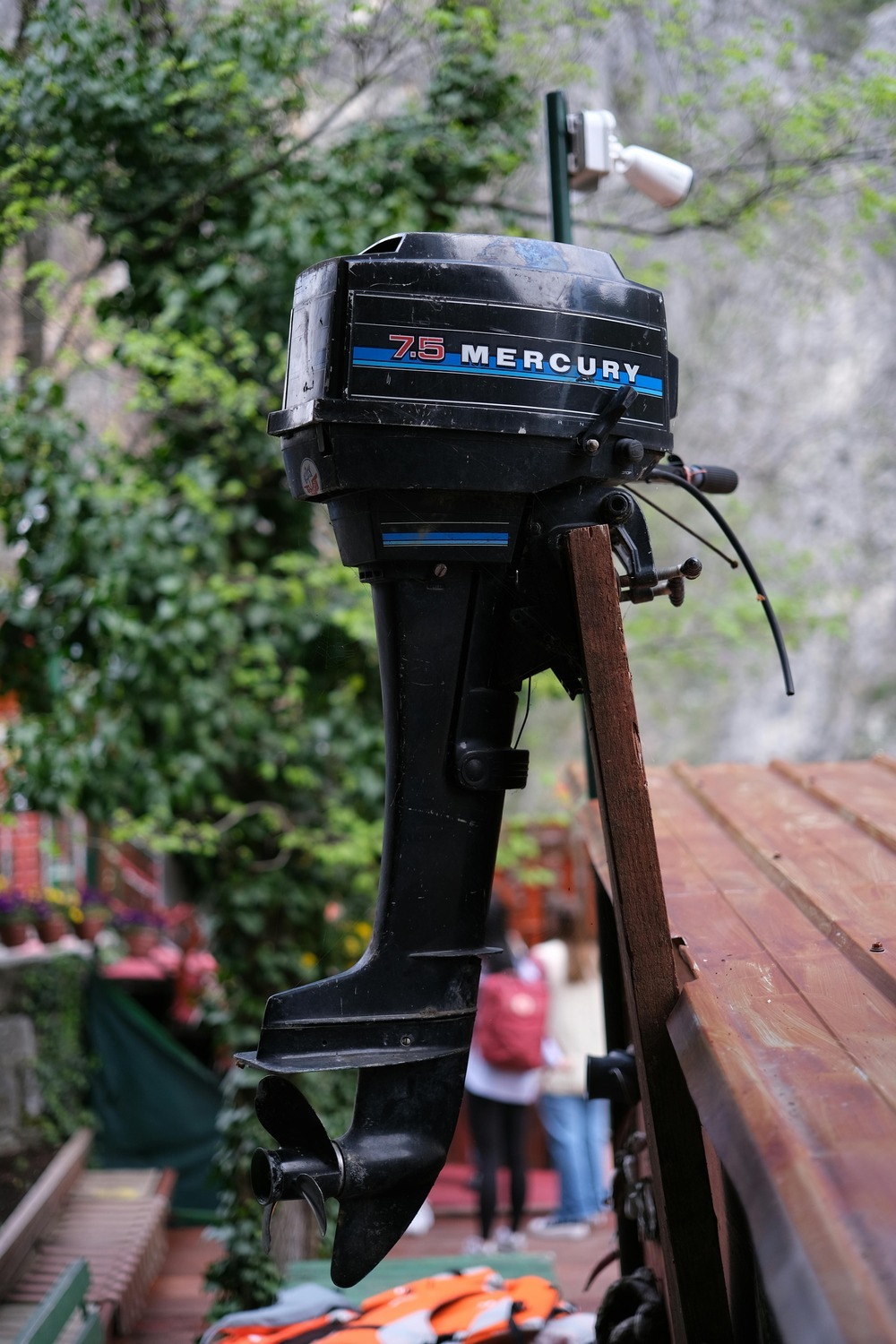
Hello, fellow boaters! Here in Edgefield County, we’re lucky. We get to enjoy a fantastic, long boating season. And when winter finally does roll around in Trenton, SC, we’re blessed with what’s officially called a "humid subtropical climate." For most of us, that just means we don't have to shovel three feet of snow to get to our car. We see hot, humid summers, some impressive thunderstorms, and then, a "mild" winter.
It’s that “mild” part that gets boat owners into trouble.
We'll spend a beautiful fall weekend enjoying The Ten Governors Rail Trail, maybe swing by the Carolina Moon Distillery, and then park the boat, thinking, "It's not going to snow. I'll just throw a tarp on it. It'll be fine."
Unfortunately, that "mild" winter is a silent killer for your boat's engine and fuel system. The brutal, hard-freeze winters up north are obvious threats. They force a very clear and urgent winterization process. Our danger is more subtle. It’s not the biting cold; it's the insidious, fluctuating dampness.
The "Mild" Winter Myth
The problem with a mild, humid winter in the 29847 area is the constant temperature-humidity cycle. The thermometer swings wildly. We’ll have a beautiful, sunny 60-degree afternoon, followed by a damp, 38-degree night.
This cycle is a perfect-storm generator for condensation.
As the air inside your fuel tank, engine, and gearcases warms up during the day, it expands. As it cools rapidly at night, it contracts, pulling in fresh, moist air from outside. That moisture then condenses—turning from vapor to liquid water—all over the inside of your engine components and, most damagingly, in your fuel tank.
While you’re inside, thankful you're not in a blizzard, this cycle of "breathing" happens night after night, week after week. By the time spring rolls around, your boat has been secretly sabotaged.
What's Really Happening to Your Engine?
So, what does a little condensation do? It causes three catastrophic problems:
Fuel System Ruin (Phase Separation): Today’s ethanol-blended gasoline is "hygroscopic," a fancy word meaning it loves to absorb water. It can hold a small amount in suspension, but after weeks of condensation, the water level in your tank overwhelms the fuel. The ethanol and water bond together and sink to the bottom of your tank in a corrosive, gooey sludge. This is phase separation. Come spring, your engine tries to suck up this gunk, destroying fuel lines, clogging injectors, and gumming up carburetors. It’s one of the most expensive and frustrating repairs in boating.
Corrosion from the Inside Out: All that internal moisture, combined with oxygen, is the literal definition of rust. It attacks cylinder walls, pistons, and rings. It corrodes electrical connections, making your spring startup a baffling exercise in "why won't this thing start?"
The "Sudden Snap" Crack: Our winters are mild, but they aren't tropical. We are still subject to sudden cold snaps that plunge temperatures below freezing, even if just for a few hours. All that water that has slowly condensed inside your engine's cooling passages or in the lower unit is now a time bomb. Water expands when it freezes, and that expansion is powerful enough to crack a a 300-pound engine block wide open. A "mild" winter doesn't mean a "no-freeze" winter, and that single unexpected freeze can be the end of your engine.
The Solution: Secure Seasonal Storage
This is why we want to share this critical "Seasonal Storage Information." Your boat needs more than a tarp in the driveway. It needs a real winterization plan and a secure place to ride out the damp, fluctuating season.
This is where a local solution, like Stow-N-Go Storage right here in Trenton, becomes essential. Located at 2538 Edgefield Rd., Suite 4, they understand the specific storage needs of our area. They offer a range of Boat Storage, RV Storage, and Vehicle Storage options.
For ultimate protection, their Climate-Controlled Storage units are the gold standard. Storing your boat or at-risk gear in a climate-controlled unit completely eliminates the condensation cycle. It keeps the temperature and humidity stable, stopping moisture, mold, and corrosion in their tracks. They also offer Drive-up Self-Storage Options and uncovered parking, providing a secure, off-site location that’s a massive step up from the driveway.
Don't let our mild Trenton winter lull you into a false sense of security. Protect your investment. After a great season, give your boat the proper winterization it deserves and get it into a secure storage environment. You’ll be thanking yourself when spring arrives, and your engine fires up on the very first try.